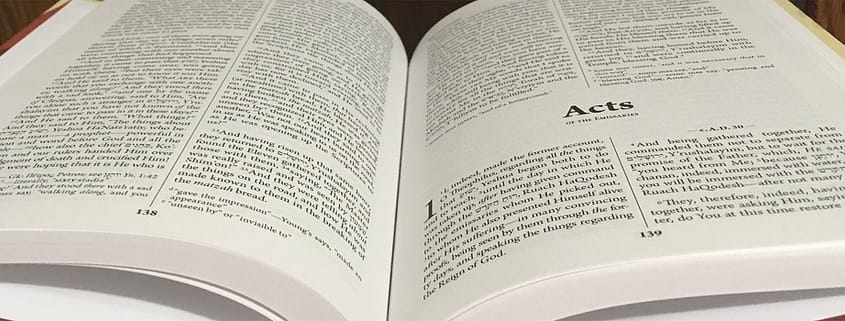Exploring the Book of Ya’aqov, Pt. 10
For whoever keeps the whole תּוֹרָה, Torah, and stumbles in one point, has become guilty of breaking it all. For He who is saying, “YOU MUST NOT COMMIT ADULTERY,” also said, “YOU MUST NOT MURDER.” And so, if you do not commit adultery, yet you commit murder, you have become a sidestepper of תּוֹרָה, Torah. Therefore, as ones who are about to be judged by a תּוֹרָה, Torah of liberty, so speak, and so do; for the judgment without loving-kindness is shown to him who has not done loving-kindness to others; loving-kindness triumphs over judgment. (יַעֲקֹב Ya’aqov 2:10-13, mjlt)
Everyone—everywhere—yearns to be free. Strangely, the definition of freedom changes from one person to the next, and what you may perceive as boundless freedom might be a dungeon-like prison to me. But regardless of the type of thing we each call freedom, no one disagrees that in order to be truly free we must be free of anyone telling us what to think, what we can say, or what we can do… no one disagrees, that is, except for the true disciple of Messiah.
For many believers, their reaction to the idea that “whoever keeps the whole תּוֹרָה, Torah, and stumbles in one point, has become guilty of breaking it all,” is to say, “See! We don’t need to keep all those rules! It would be unjust for God to tell us we have to do all those things, and then to find us guilty when we can’t. And God is not unjust!” But this is not the point at all. Read more











